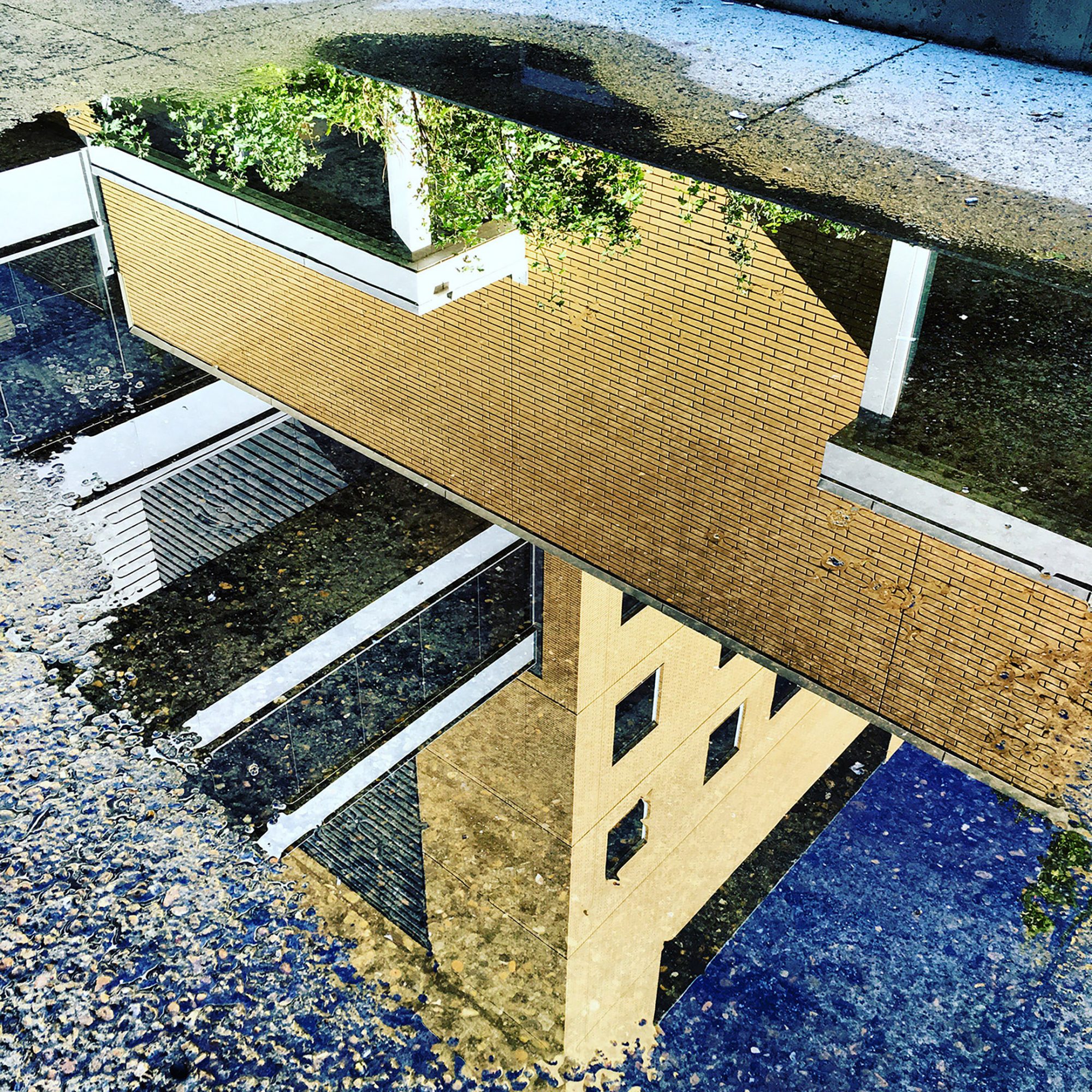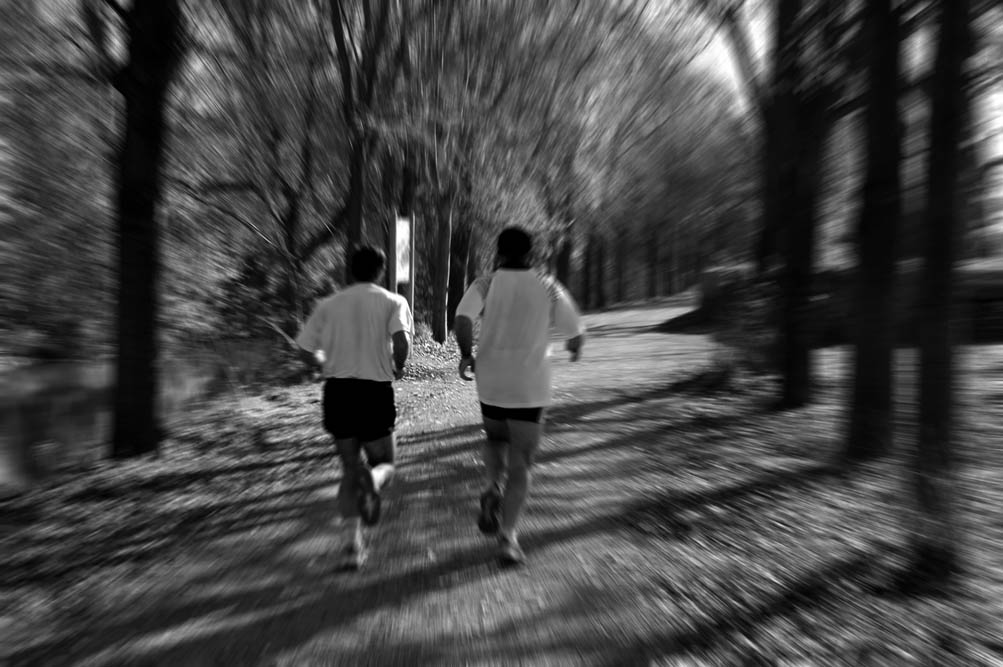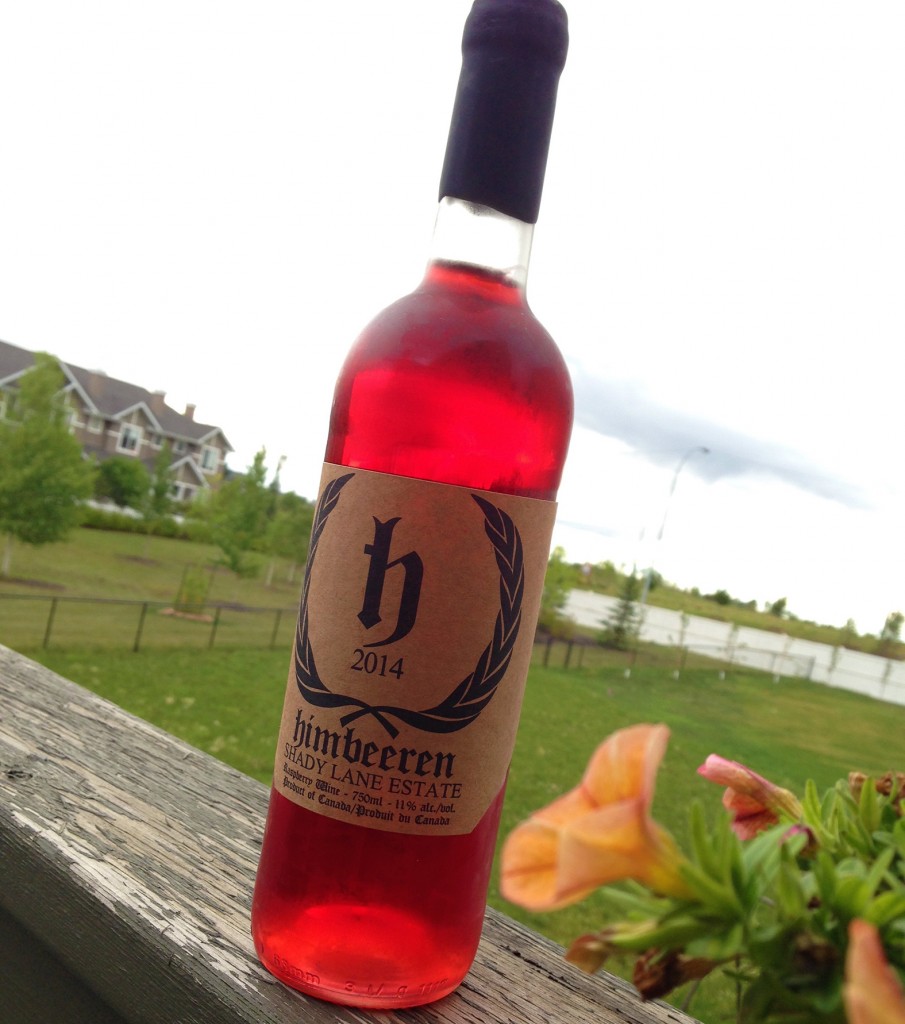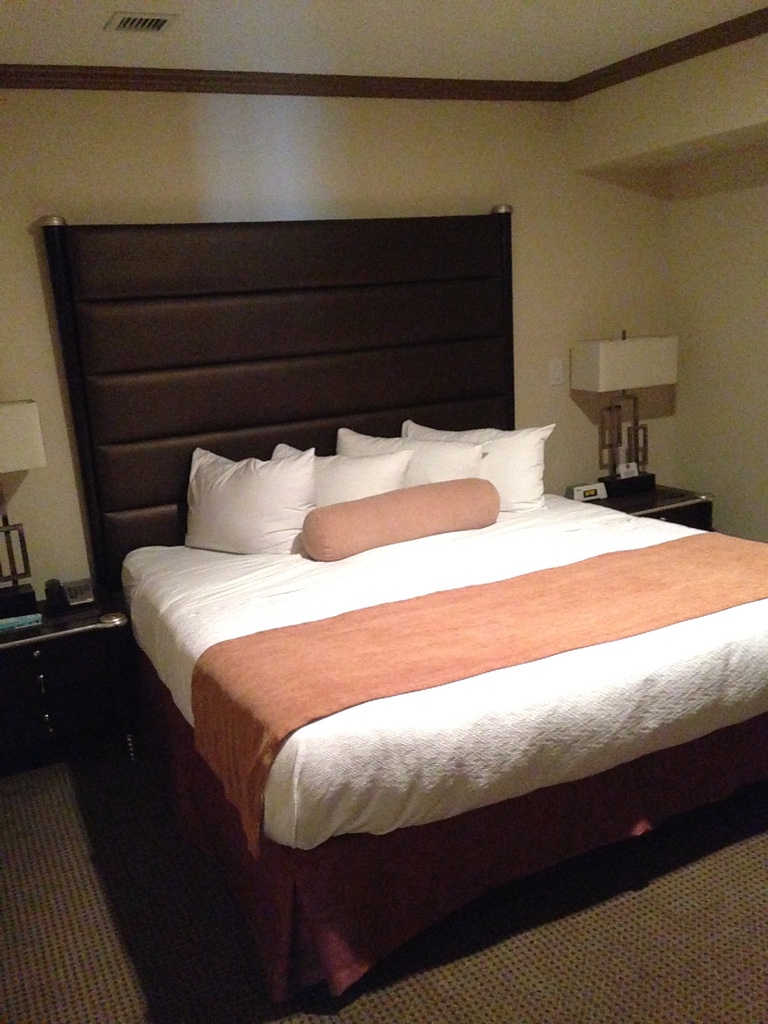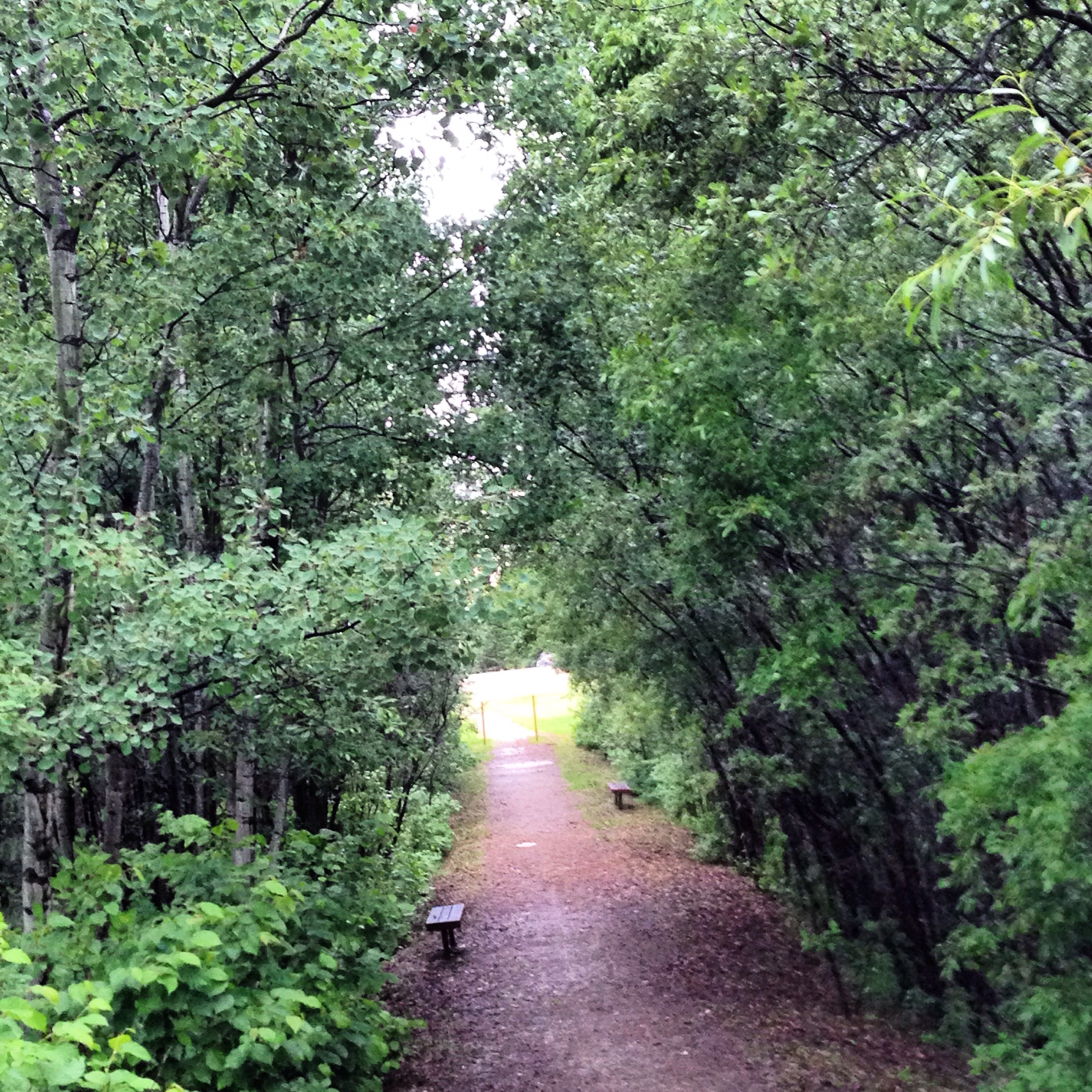It is my hope that this is the first of many blogs that I will make over the weeks, months and years ahead. It has been a long-time dream of mine to produce a travel blog. Not one full of dream vacations or expensive trips, but one for the masses, the regular folk such as myself. To encourage travel and exploration of what is around us in our own province and country. Day trips, weekend trips, even during your week’s holiday from work. We have a vast and beautiful country, full of different peoples and history to learn about and enjoy. Dare to explore, dare to take this journey with me, and so with this post it begins.
Deciding what to do in the evening is a recurring theme in our household. After a long hot day at work a leisurely walk in the heat, especially yesterday with all of the smoke in Edmonton, was not something that either my wife nor I were particularly enthused about. It had been quite some time since we had the chance to take a small road trip as my wife works most weekends and I do not. I decided we should take this opportunity and jump in the SUV and go for a drive. With a quick stop at our local Mac’s for refreshments we were off. We decided upon taking Hwy 14 out of Edmonton and see where it leads us. About 50min into our drive we came across this old, unused grain elevator so we stopped for some pictures (these are a favourite of mine having never seen them until we moved to Alberta). This grain elevator stands tall and lonesome near the highway in an area called Shonts, which isn’t evidenced by any town that we could see.
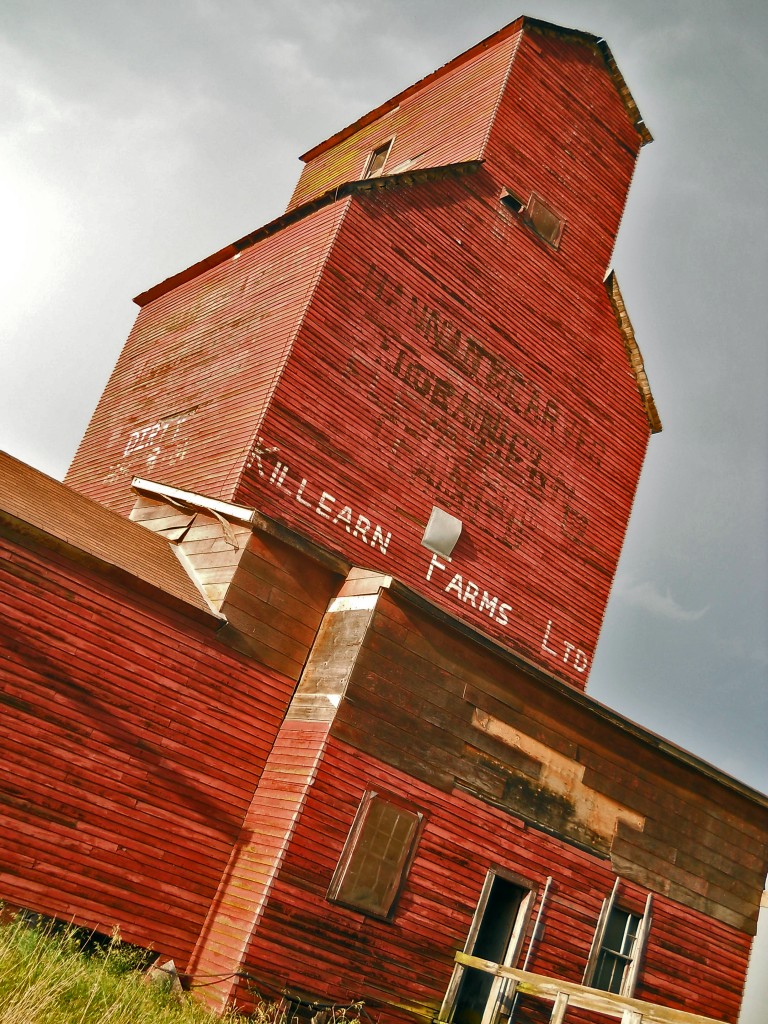
Shortly after stopping for this monument of an era gone by we drove off the main highway to check out some of the smaller towns along the way, after all what good is a road trip without checking out the locals.
The first place we pulled in at was – “The Village of Ryley, once called Equity, is a small community of 497 residents located 50 Minutes east of Edmonton on Highway 14 (The Poundmaker Trail) in the center of beaver county. Primarily serving as an agricultural center in an area of grain and cattle production, Ryley has a variety of local businesses geared to the needs of local farmers.” ~ Excerpt from the town’s website. The term I would use to describe Ryley would be “quaint”. Driving through the town we were struck with the historical feel that isn’t present in many towns today. The village was named in 1908 after G.U. Ryley, Grand Trunk Pacific Railroad Land Commissioner at the time. Many of the buildings still have that same “western” town feel with single-story, flat fronts. Not being a large town it only took a few passes to venture down the main streets and we were back on the highway heading east again.
Not too far from Ryley is another small town named Holden. “There were few settlers in this area before 1902. In 1903 the community began under the name ‘Pleasant Ridge’. The Federal Government had surveyed the area, and the land was divided into sections and offered for homesteads. The name “Holden” was chosen in 1906 in recognition of the first local member of the new Alberta provincial legislature, the late Mr. J. B. Holden. Once the railway was completed from Calgary to Edmonton, settlers started walking or riding horseback eastward from Wetaskiwin. These settlers came from eastern Canada, United States and Central Europe. The arrival of the Grand Trunk Pacific Railway, in 1909, opened up a whole new array of opportunities. Holden was formally incorporated as a village on April 14, 1909.” ~ Excerpt from the town’s website. Birthplace of Dale Armstrong, holder of 12 National Hot Rod Association (NHRA) and 12 International Hot Rod Association (IHRA) awards. Armstrong was inducted into the Canadian Motorsport Hall of Fame in 1995. Holden is very similar to Ryley in look and feel and was founded in 1909. Driving through town there were many children out playing, riding bikes and people waving to each other and us, very reminiscent of times gone by when people didn’t have to lock their doors at night. It continues to entice my imagination how many of these small towns must have looked back 100 years ago.
Our last stop was a town called Viking, settled in 1909 by Scandinavian settlers. Birthplace of Glen Sather, president of the New York Rangers, former coach and general manager of the Edmonton Oilers, and former professional hockey player and the Sutter family, a hockey family that includes Brent, Brian, Duane, Rich, Ron, and Darryl, all of whom formerly played professional hockey in the NHL.
We were intrigued by the castle-like picturesqueness of this little church and stopped to take a picture of it. St. Matthews Anglican Church in Viking.
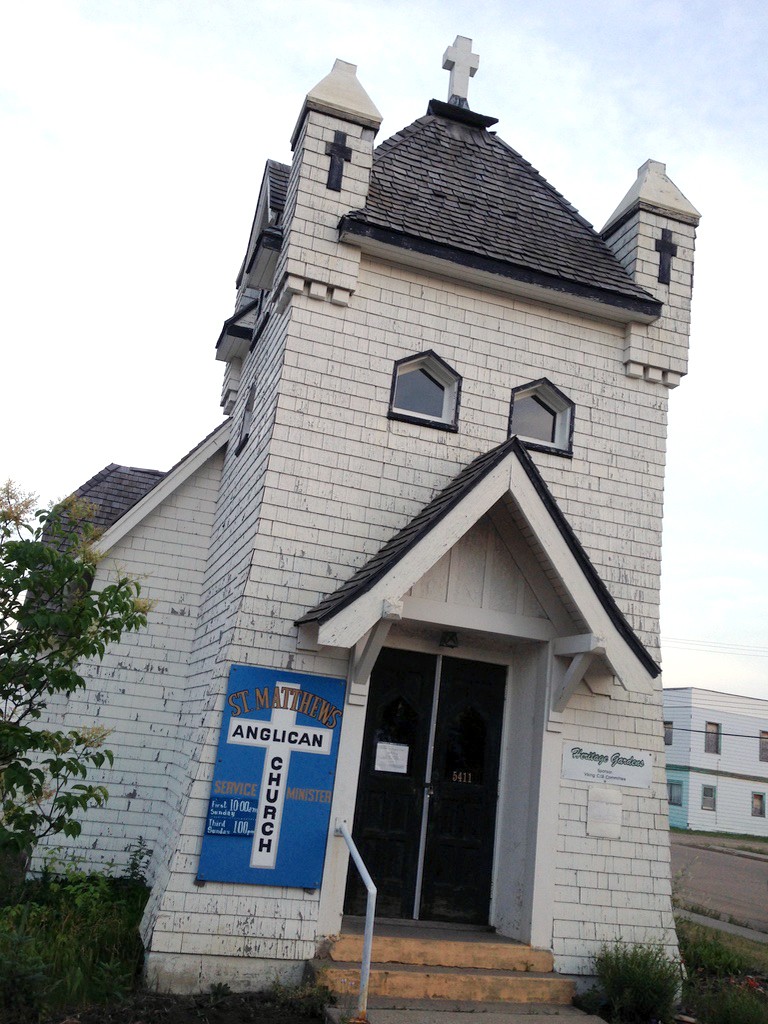
Until next time, stay well!
Tim

